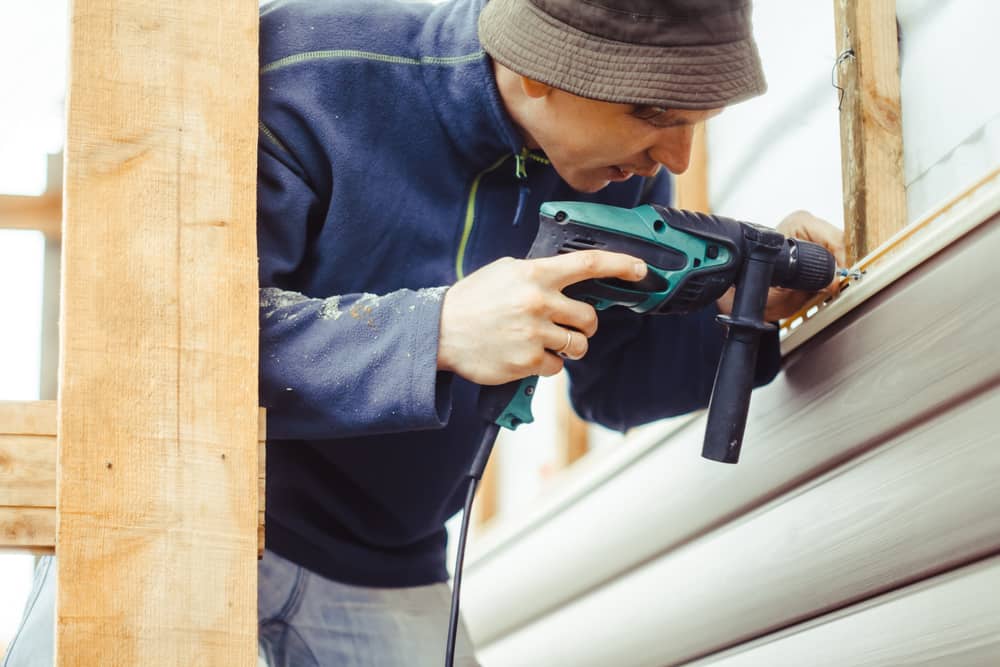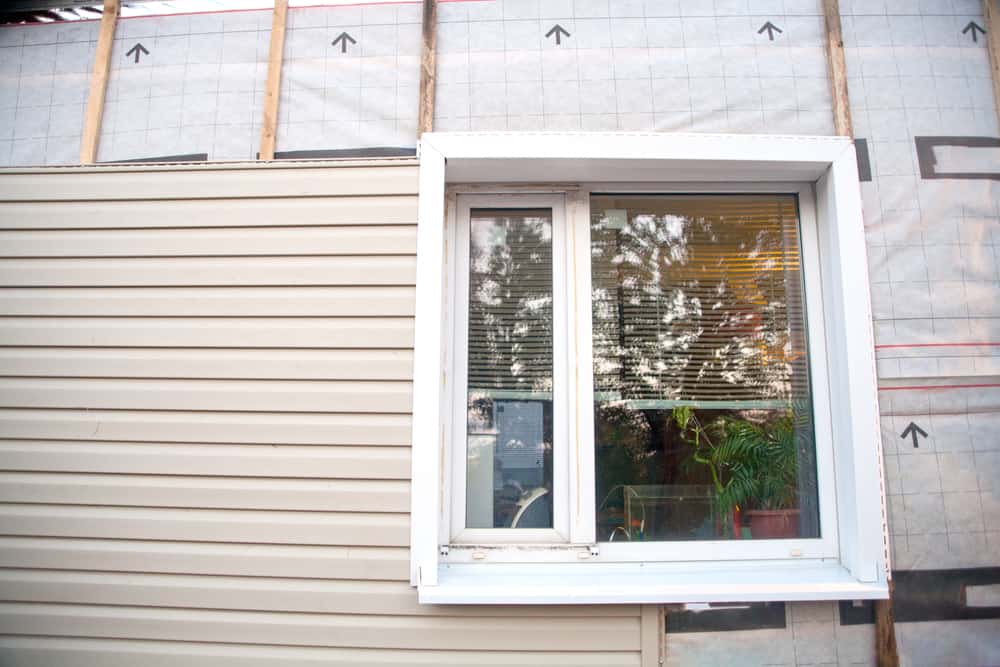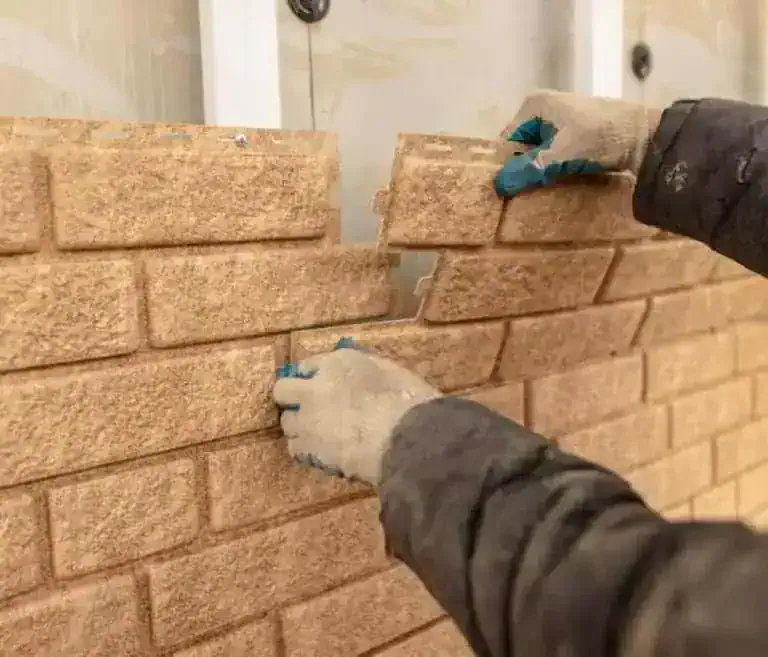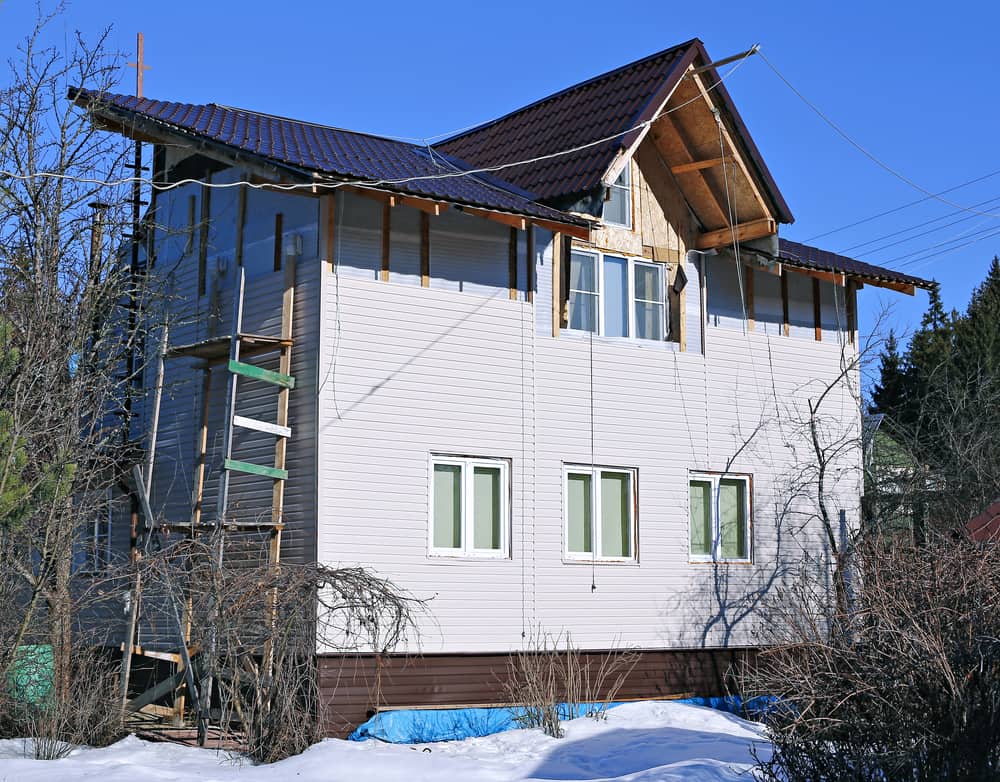Vinyl Siding Installation in Norwich, CT
Your Home Protected, Your Bills Lower
Professional vinyl siding installation that stops maintenance headaches and cuts energy costs for good.

Hear from Our Customers

Norwich Siding Contractors
Your home becomes the one neighbors notice. Not because it’s flashy, but because it looks solid, well-maintained, and purposeful.
You stop worrying about the next storm. Connecticut weather throws everything at your exterior walls – ice, wind, driving rain, humidity that makes wood rot from the inside out. Quality vinyl siding installation creates a barrier that actually works.
Your energy bills drop. When siding is installed correctly with proper insulation and moisture barriers, your heating and cooling systems don’t have to work overtime. Many Norwich homeowners see noticeable savings within the first year, especially during those brutal Connecticut winters.
Sullivan Contracting Norwich CT
We’ve been handling exterior projects in Norwich and surrounding Connecticut communities for years. We understand what works here and what doesn’t.
Connecticut weather isn’t forgiving. Ice dams, wind-driven rain, humidity that never seems to quit – your siding needs to handle all of it. We’ve seen what happens when corners are cut or when contractors don’t understand how moisture moves through exterior walls in this climate.
Every project we complete in Norwich comes with the knowledge of local building codes, permit requirements, and the specific challenges that come with New England weather patterns.

Siding Installation Process Norwich
We start with a thorough assessment of your current siding and underlying structure. This isn’t a quick glance – we check for moisture damage, insulation gaps, and structural issues that could cause problems later.
Next comes material selection and measurement. We help you choose the right vinyl siding grade and style for your home and Norwich’s climate conditions. Proper measurement ensures minimal waste and clean installation lines.
Installation begins with prep work – protecting your landscaping, removing old siding carefully, and addressing any underlying issues we found. Then we install new moisture barriers, insulation where needed, and your new vinyl siding using manufacturer-specified techniques.
Final inspection covers everything from proper overlap and fastening to trim work and cleanup. You get a walkthrough explaining what was done and how to maintain your new siding for maximum lifespan.

Ready to get started?
Vinyl Siding Services Norwich
Complete removal and disposal of existing siding when needed. We handle the mess and ensure proper disposal of old materials according to Connecticut regulations.
Moisture barrier and insulation upgrades where your home needs them. Many Norwich homes have insulation gaps or outdated moisture protection that we address during installation.
Quality vinyl siding from manufacturers who back their products with real warranties. We work with suppliers who understand Connecticut’s climate demands and offer materials rated for our weather conditions.
All necessary permits and inspections coordinated through Norwich building departments. You don’t have to navigate the paperwork – we handle permit applications and schedule required inspections.

